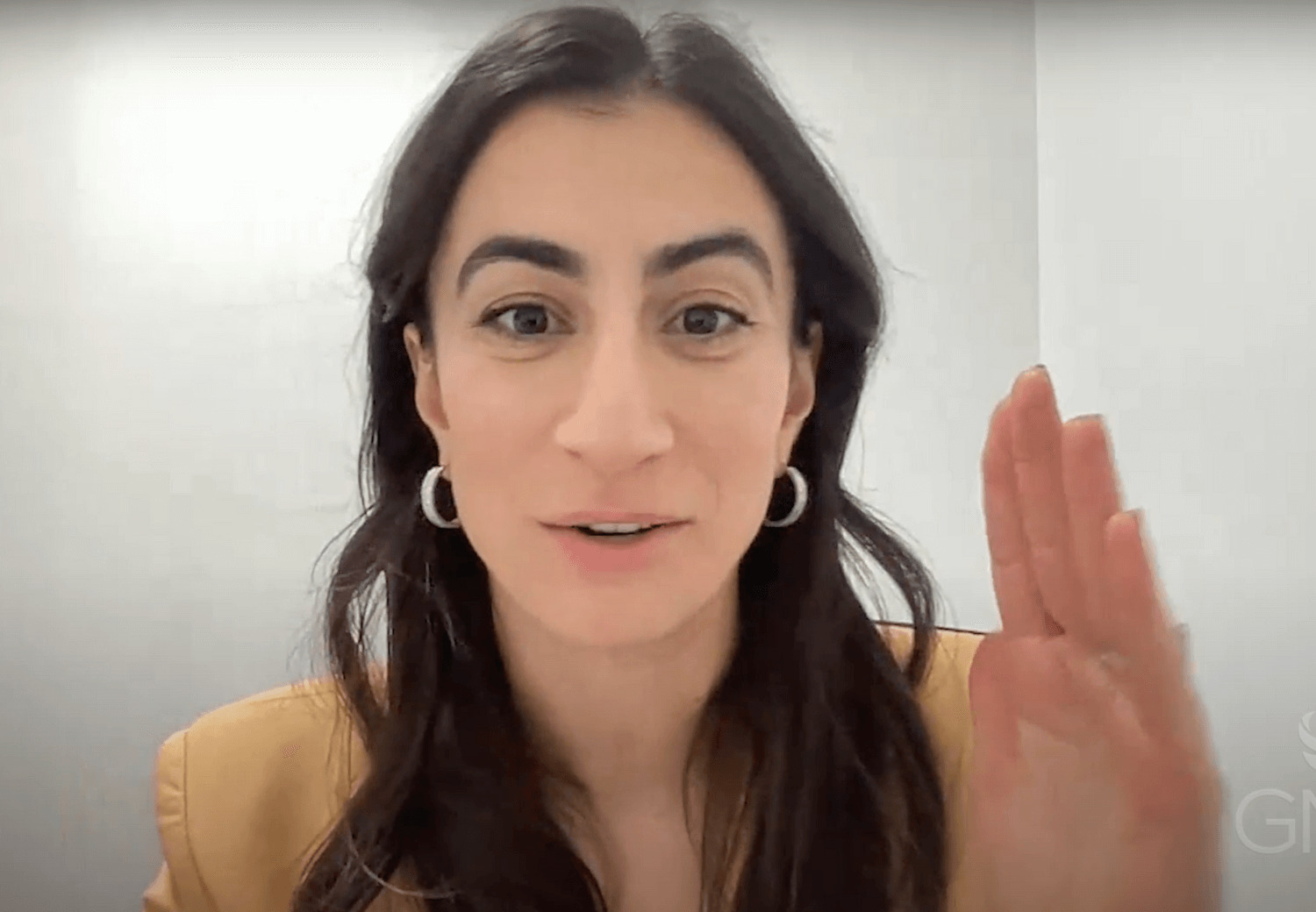Decision Making Growth Mindset Shared Playbook
The Elements of Good Judgment
Neda Navab
05.26.23
Good judgment is the practice of making the best decision possible, sometimes with limited information. How do you build this skill so you’re confident in the decisions you have to make on a daily basis? In this clip, Neda explains how her mentors have helped her in the past by answering one specific question.
Summary:
Good judgment is the practice of making the best decision possible, sometimes with limited information. How do you build this skill so you’re confident in the decisions you have to make on a daily basis? In this clip, Neda explains how her mentors have helped her in the past by answering one specific question.
Thuy

Neda Navab
Thuy




